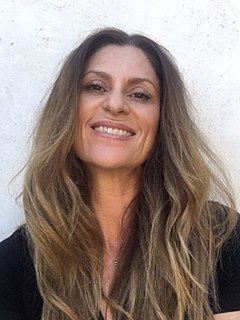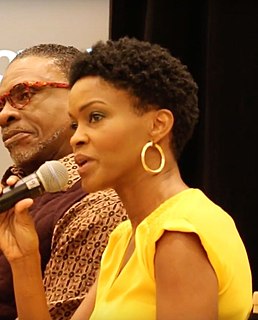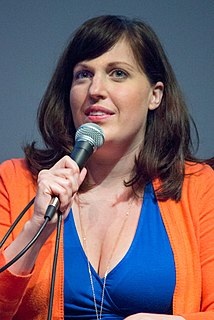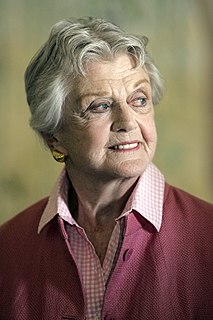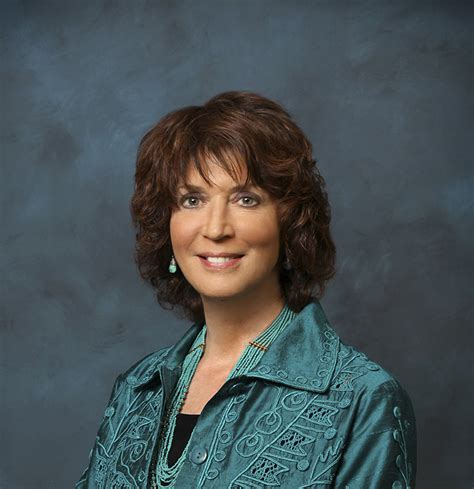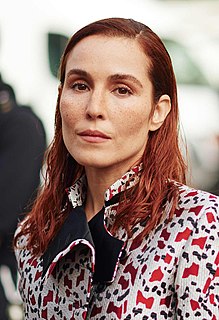A Quote by Niki Caro
As far as people getting into the industry and creative roles as writers and directors, I would say that technology is on your side, and you can tell their stories very easily.
Related Quotes
If you are, as an actor, are just worried about looking pretty and being well liked, then I personally feel you are doing a disservice to your audience, the craft, the creative process, writers, and directors. Your job is to tell a story and to tell the truth, and we can't always be the most likeable character in every situation.
We can tell people abstract rules of thumb which we have derived from prior experiences, but it is very difficult for other people to learn from these. We have difficulty remembering such abstractions, but we can more easily remember a good story. Stories give life to past experience. Stories make the events in memory memorable to others and to ourselves. This is one of the reasons why people like to tell stories.
When people in my generation started to write, we did not actually have much of a movie industry, much of a theater scene, much of a television industry or other creative outlets. But we had a lot of aspiring writers. All that has changed. We now have a movie industry, television industry and lots of theater. But we have retained a large contingent of writers and a dedicated readership. The larger number of people in society who value writing, the larger number of good writers will be produced. That's my belief. It raises the bar.
It's just difficult to see that people want to be like the actors and the performers and the politicians who are - who they see all the time, but the people that are probably having the most fun are the writers and the directors and the producers and the scientists, right, the people in the back that are getting to do the creative process.
Roles came to me. I was very, very lucky in that respect. Great directors, great writers, great producers - they saw something in me that they wanted for their picture or their play or whatever it was, whether it was Edward Albee or whether it was - or Peter Hall, directors. They would come to me, thank God. I was lucky. Lucky, lucky, lucky.
As all creative people, we have our optimistic side and a darker side. Yes, I would say that I am more optimistic than not. I have written some very lush pieces when I was at low ebb, and some highly energized pieces when carrying a great sadness. It seems that I am getting more optimistic as I get older - life is a lot of fun!
I think one of the things that writers and creative artists generally have to deal with is the censors that we have in our heads, the voices that we have that say you better not tell that and don't tell that, and people will think you're not a good girl, and your grandmother's going to be mad at you and all of those things.
Record industry's not so much against artists, but certain people are just wicked people that sit up in the industry who go against the artist. The thing is, if you're in the recording business, where's our health benefits? Where's the royalties from when you put stuff on labels in different countries? And now, with all these 500 cable channels, you want your mechanical royalties, your licensing. There's so much technology that you've got to stay on top. They always try to tell you, "Oh, don't worry about the business side, just do the music."
When I first started out, it was very, very difficult to even get in the room with directors or casting directors because they would see that I hadn't been to drama school and wouldn't want to see me. Now, I feel like it's changing. We have this new generation of a lot of writers, directors and actors who are just breaking through, and they're doing it for the passion.
